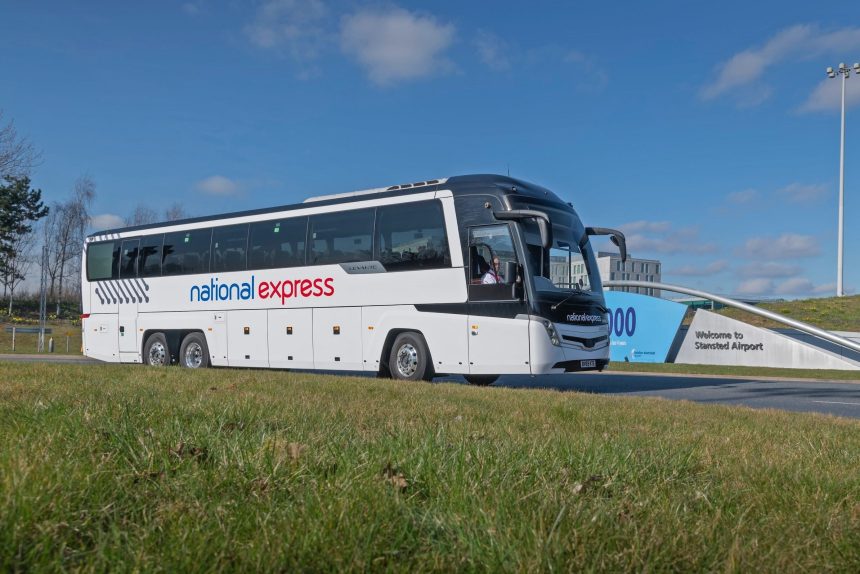The Confederation of Passenger Transport (CPT) will waste no time building upon the positive relationships it worked hard to develop with politicians in opposition.
We believe there is huge opportunity for Louise Haigh and her ministerial colleagues to use coach and bus services to deliver the new government’s key priorities — including growth, decarbonisation, and relief from recent inflation. And tucked away in Labour’s recently published plan for rail services is a commitment to introduce modal shift targets.
We’ll be looking to the new government to help our members deliver on this target, driving a shift away from the private car that’s critical to curbing congestion, cutting air pollution and effecting progress towards climate targets.
At a time of significant change, it bears repeating that our sector plays a pivotal role in keeping our economy moving and our communities connected.
Buses provide 60% of all public transport journeys and carry over 10.2 million passengers every day.
Coaches transport 500 million passengers across the country every year, contribute £14 billion to the tourism economy, and deliver vital services, not least home-to-school, rail replacement and vulnerable group transport.
When it comes to bus, it’s clear from Labour’s manifesto the new government plans to expand the role of franchising in service delivery across England.
As part of its goal to help members deliver what passengers want — more services that are regular, fast, and punctual — CPT will work with government and local transport authorities (LTAs) to share lessons that have emerged from the early adopters of franchising to help make this a success in other areas that choose this path.
CPT will also continue working with the many local transport authorities we expect to pursue a partnership model to build services and bus usage.
Ministers can be under no illusion about a number of other challenges they must work swiftly with the sector to find solutions for.
In particular, it’s vital the transport minister sets out a long-term replacement for the national £2 fare cap well before the current scheme ends in December — because going straight back to fully commercial fares will harm many passengers and the services they rely on.
Also, the 21-month funding settlement for bus services ends in April 2025, and a lack of clarity beyond that undermines confidence and prevents operators and local transport authorities (LTAs) pursuing longer-term service developments.
CPT will continue to call for a five-year spending plan for bus, as happens in rail, to build confidence and maximise the value of all investment in the sector. CPT also hopes the new government will move in parallel to replace the approach where LTAs and operators must continually bid for funding with the use of consolidated, consistent funding streams (something key for securing full decarbonisation of the bus sector fleet through a long-term government–industry partnership to maximise private sector investment).
Several other areas of policy will be central to attracting new bus passengers.
These include national and local targets for improving bus speeds; a statutory definition of socially and economically necessary services that gives clarity to local transport authorities about where they must protect and adequately fund such services; and a national workforce strategy that enables operators to put these services on the road.
While we know the new government will start with a focus on bus services, we’ll also engage with them on a wide range of coaching issues. Right away, we’ll continue to press for more effort to ensure the EU Entry/Exit System, due to take effect in October, doesn’t damage international coach travel.
CPT will also lean in to ensure the government helps unlock the huge potential in the sector by providing clear guidance to LTAs on how their local planning can include coach, and provide fair access for coach in all areas (including Clean Air Zones) as a key tool in their efforts to curb air pollution and drive sustainable economic growth.



























